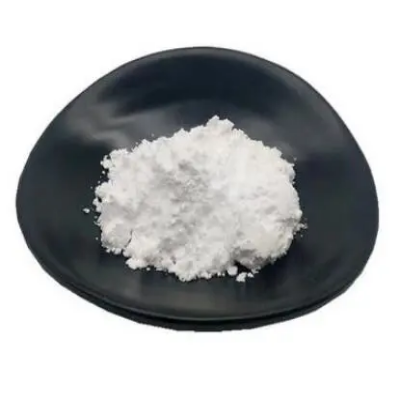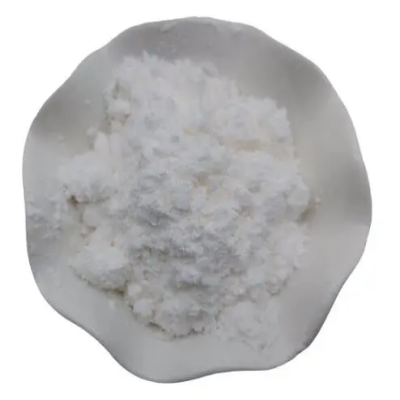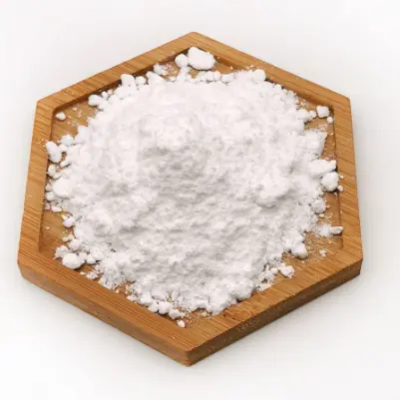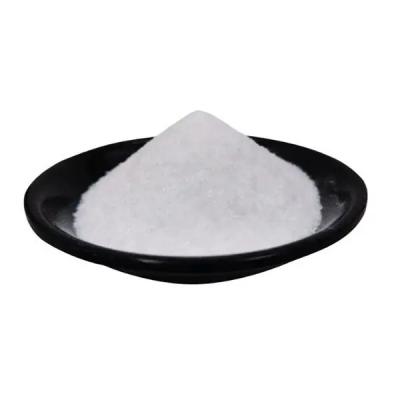creatinol phosphate CAS:6903-79-3
Creatinol phosphate is an important biochemical compound characterized by the molecular formula C6H14N3O4P. As a phosphorylated analog of creatine, it plays a significant role in cellular energy metabolism, particularly within muscle tissues. Creatinol phosphate exists as a stable and soluble salt, making it readily available for metabolic processes where phosphate transfer is essential. One of the primary functions of creatinol phosphate is its involvement in the synthesis of adenosine triphosphate (ATP), the paramount energy currency of the cell. During periods of high-energy demand, such as intense physical exercise, creatinol phosphate can rapidly donate its phosphate group to adenosine diphosphate (ADP), facilitating the regeneration of ATP. This process is critical for maintaining energy levels in actively working muscles, allowing for sustained physical activity and improved performance. Research indicates that creatinol phosphate may enhance exercise capacity by providing a more efficient means of ATP replenishment compared to traditional pathways involving phosphocreatine. Furthermore, its role in buffering acidosis during strenuous exercise helps to stabilize intracellular pH, potentially delaying fatigue and promoting endurance. In addition to its significance in athletic performance, creatinol phosphate has been studied for its potential therapeutic applications. Its ability to support energy metabolism makes it a candidate for investigating treatments for conditions associated with impaired energy production, such as heart disease and certain neurological disorders. Moreover, understanding the dynamics of creatinol phosphate can offer insight into the adaptations of skeletal muscle under various physiological and pathological states. This knowledge could pave the way for developing nutritional supplements or interventions tailored to enhance athletic performance or aid in recovery from injuries. In summary, creatinol phosphate is a key mediator of energy metabolism in muscle tissue, contributing to ATP synthesis and overall exercise performance. Its implications extend beyond sports science, making it a valuable subject of research in both health and disease contexts. Exploring its mechanisms and effects continues to advance our understanding of energy dynamics in biological systems.



| Composition | C4H12N3O4P |
| Assay | 99% |
| Appearance | white powder |
| CAS No. | 6903-79-3 |
| Packing | Small and bulk |
| Shelf Life | 2 years |
| Storage | Store in cool and dry area |
| Certification | ISO. |









